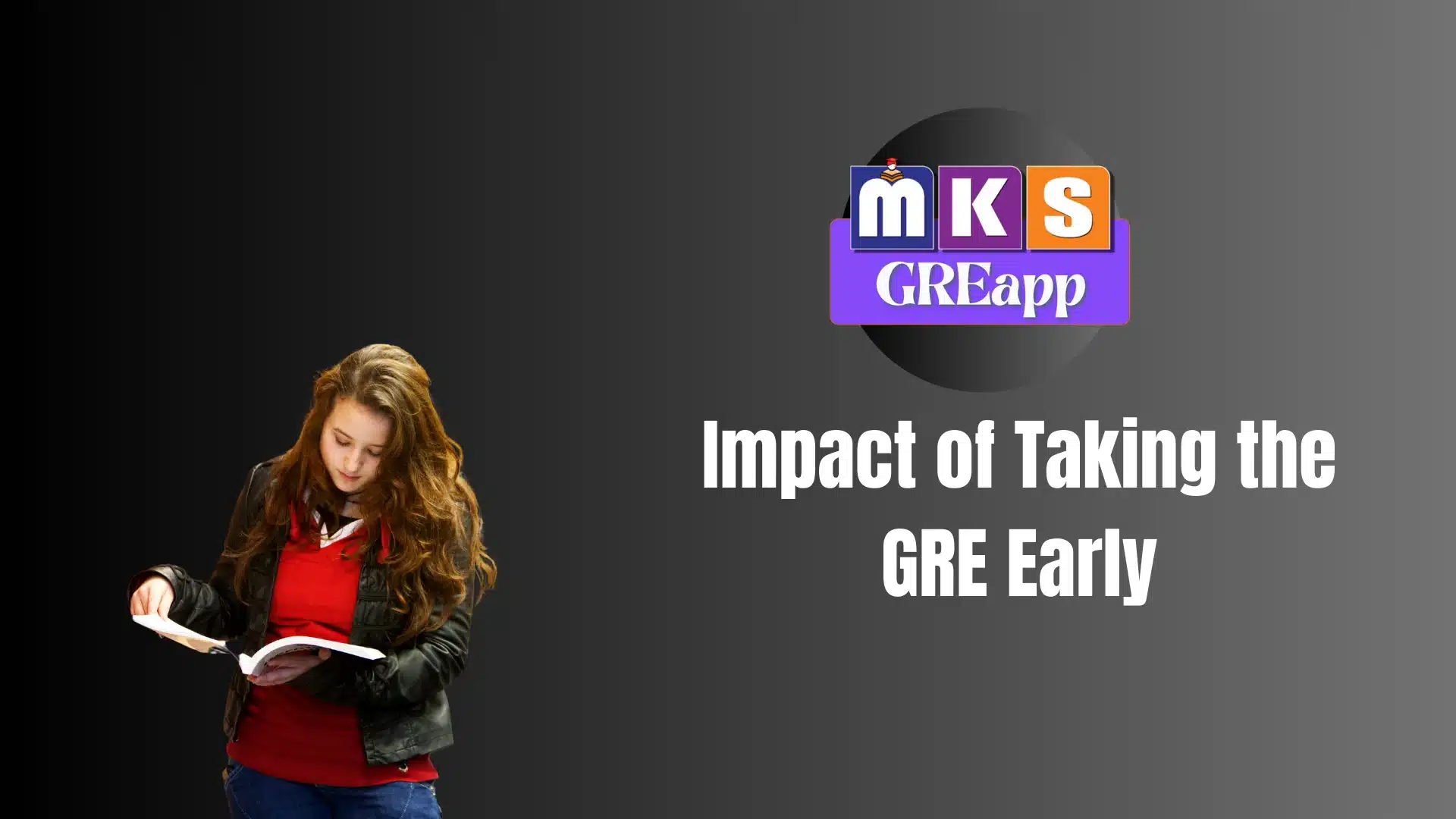The Impact of Taking the GRE Early: Why It’s a Smart Decision
The Graduate Record Examination (GRE) is a critical step for students and professionals planning to pursue a master’s, MBA, or Ph.D. Taking the GRE early—rather than waiting until the last minute—can provide several advantages, from reducing stress to improving admission chances.
1. Why Should You Take the GRE Early?
| Benefit | How It Helps |
|---|---|
| Less Pressure | Avoid last-minute cramming and application stress. |
| More Time for Retakes | If needed, you can retake the test without missing application deadlines. |
| Stronger Application Profile | Early GRE scores allow you to focus on other application materials (SOP, LORs, CV). |
| Flexibility in Choosing Programs | A good score early gives you more time to research and apply to the right universities. |
| Better Performance | Without time pressure, you can prepare strategically and score higher. |
2. When Is the Best Time to Take the GRE?
The best time to take the GRE depends on your academic or professional timeline. Ideally, you should take it 12-18 months before your application deadline.
| Application Season | Ideal GRE Test Period |
|---|---|
| Fall (September Intake) | July – December (Previous Year) |
| Spring (January Intake) | January – June (Previous Year) |
| Rolling Admissions | At least 6-12 months before application |
Best Time for Students
- Take the GRE in junior or early senior year of undergraduate studies.
- You’ll have more time to retake if needed.
Best Time for Working Professionals
- Take the GRE before leaving your job to apply for a master’s or MBA.
- Avoid work-related stress by starting preparation early.
3. How Taking the GRE Early Improves Your Admissions Chances
a) Gives You More Time to Improve Your Score
- GRE scores are valid for 5 years, so you can take the test early and retake it later if necessary.
- Many students score higher when they have enough time to improve their weaknesses.
b) Reduces Last-Minute Application Stress
- Instead of rushing to prepare alongside writing essays, gathering recommendations, and applying, you can focus on other aspects of your application.
c) Increases Scholarship and Funding Opportunities
- Some universities offer early decision scholarships or funding options.
- A strong early GRE score can improve your chances of receiving financial aid.
4. How to Plan for an Early GRE Attempt
| Step | Action Plan |
|---|---|
| Set a Target Score | Research university requirements and aim for a competitive GRE score. |
| Start Early Preparation | Begin 3-6 months before your test date. |
| Use a Structured Study Plan | Follow a schedule balancing Quant, Verbal, and Analytical Writing. |
| Take Full-Length Practice Tests | Simulate test conditions to track your progress. |
| Consider Retake Options | If unsatisfied, retake the GRE with a well-planned strategy. |
5. Conclusion
Taking the GRE early offers flexibility, reduces stress, and strengthens your overall application. Whether you’re a student or working professional, an early GRE attempt ensures that you are well-prepared, increasing your chances of securing admission to top universities.
Start your GRE preparation today with MKS Education! Our expert instructors provide structured courses, personalized study plans, and full-length mock tests to help you achieve your target score. Contact us now!

